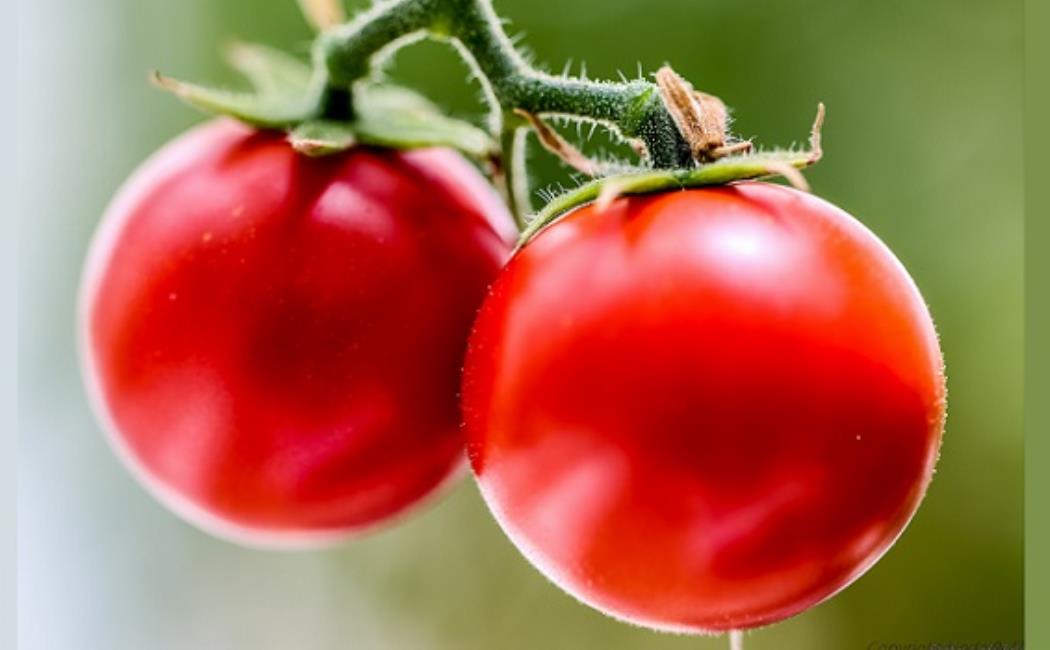
Stressing the genetics in salt-tolerant crops
05 March, 2019
The latest high-throughput genetic sequencing and phenotyping technologies will have a lasting, positive impact on plant science and crop sustainability research. KAUST researchers have conducted a timely review of these methodologies to highlight how they can help uncover the genes that underpin salt tolerance and other useful plant traits.
“Salt-tolerant crops promise greater food production using less freshwater—a win-win in the intensifying struggle for global food and water security,” says Mitchell Morton, who compiled the review with Mark Tester and colleagues at KAUST. “Recent technological advances make the development of crops with desirable traits more feasible than ever.”
Click here to read the full story
Image: The wild tomato plant
Solanum
pimpinellifolium is a promising source of salt-tolerance genes to develop salt-tolerant crops that could be grown with brackish water irrigation.
© 2019 Linda Polik